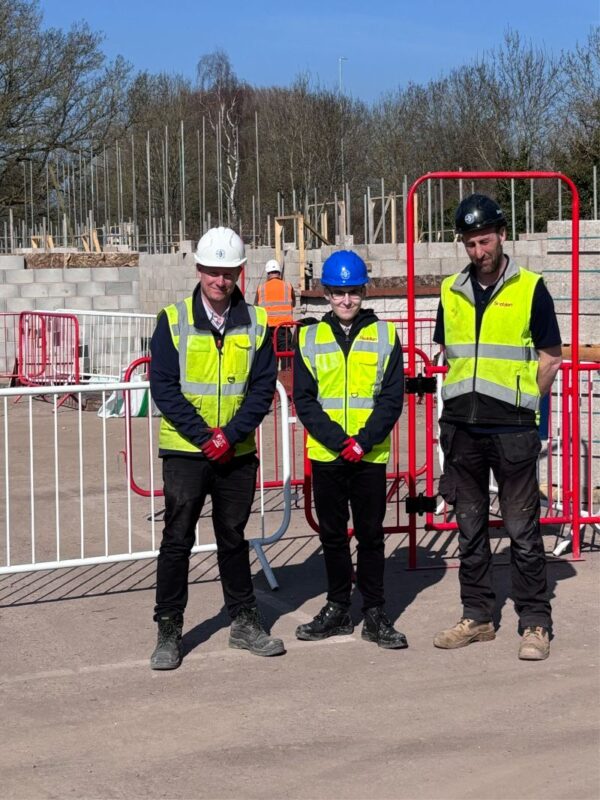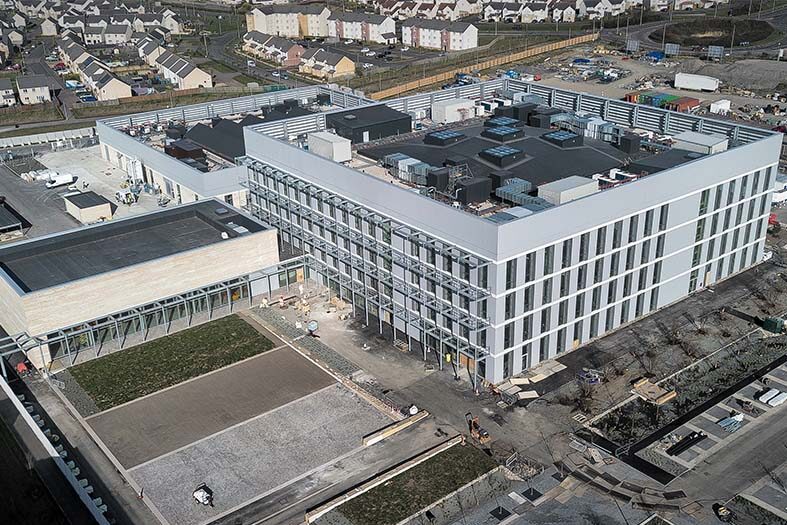Future-proofing global education systems through transformative leadership

Education systems do not operate in a vacuum. Global challenges – which existed prior to the COVID-19 pandemic – but were compounded by it, impact how we educate, what we teach, and the skills we will require now and in the next century.
Reform in the sector can only go so far. While it has helped to improve processes, we need to innovate. Young people must be equipped for a complex and dynamic future. As a result, there is a growing movement for transformative leadership – a new system entirely, with its foundations in future-proofed values.
Achieving education transformation
This new system should allow students to thrive. With educators and learners as co-designers, directing the path forward, there should be autonomy for leaders to adapt and make decisions about what works in their own unique environment. That means focusing less on the little things and incremental improvements – and instead committing to a vision, empowering those across the system to build a better future. This is transformational leadership.
Community and dialogue for change
But what does that look like in practice? Today, many leaders and education ministries around the world are attempting to better their education systems. What is emerging are powerful communities, such as our WISE Agile Leaders of Learning Innovation Network (ALL-IN).
Since 2017, ALL-IN has had the privilege of bringing together a global community of people who share a commitment to supporting schools and systems in their transitions toward resilient and future-thriving learning environments that maximise learner outcomes and wellbeing.
Our recent report, titled: Education Re-imagined analysed 23 case studies to showcase innovation in leadership, policy and practice. It illustrates how emerging models of teaching and learning can be developed and led from the inside-out – shining a light on the power of co-creation and transformative leadership in the sector, opening up a dialogue and raising awareness of what is emerging from the field.
There is certainly no one size fits all approach, and we are all on a journey of continuous learning. But if stakeholders in the sector can learn from our collaborative work on pursuing system transformation, we will have achieved success.
In summary, we identified 6 key characteristics of effective leadership:
- Mindset shift – in individuals and the organisation
- Cultivating new skills
- Agency and experimentation
- Centralised and decentralised support
- Scaling successes
- Alliances for learning, collaboration and transformation
Transforming the future
The challenges we are facing in our world, as well as the insights and influence of developing approaches to leadership in this setting, encourage an ongoing and deeper dialogue about leadership for transformation.
While the examples offered in the report provide valuable insights and optimism for what is possible in the future, they are only effective if we apply the learnings in real life. Our education systems require our active participation to bring about these changes. Only by raising our awareness and taking deliberate, collaborative actions toward innovative change will we be able to construct the successful educational institutions our children require for their future.
Dr. Asmaa Al Fadala is the Director of Research and Content Development at WISE. She is also a visiting fellow at Northwestern University in Evanston, Illinois, USA. Dr. Al Fadala has twenty years of professional experience in K-12 education and higher education. Prior to joining WISE in 2014, Dr. Al Fadala was an associate policy analyst at the RAND-Qatar Policy Institute. She also worked at Qatar’s Ministry of Education as a teacher and then as the head of the science department. She is widely published in the field of educational leadership and policy, and recently published the book Qatari School Leadership Portraits: Lessons Learned from Education for a New Era Reform (HBKU Press, 2019).












Responses